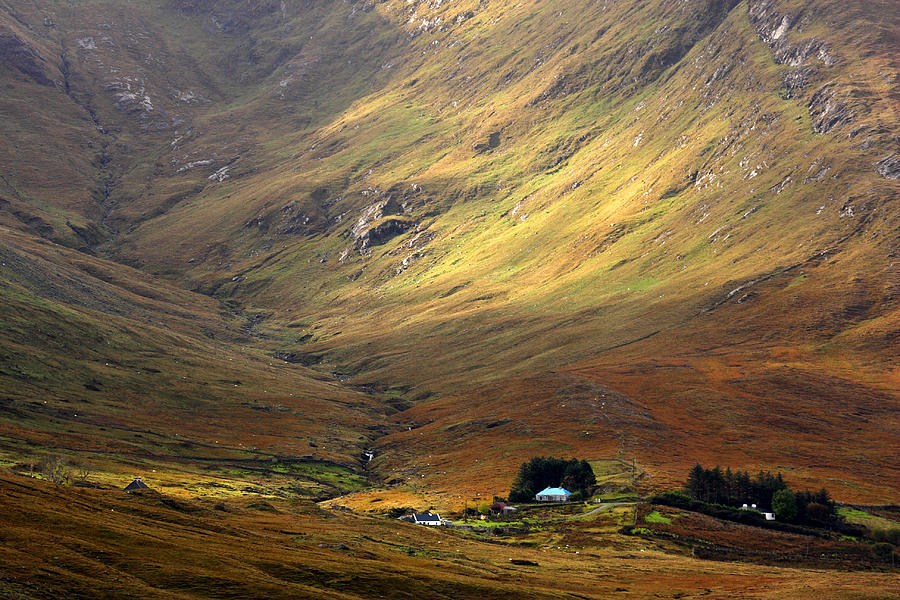Question: What are your ideas about education?
Krishnamurti: I think mere ideas are no good at all, because one idea is as good as another, depending on whether the mind accepts or rejects it. But perhaps it would be worthwhile to find out what we mean by education. Let us see if we can think out together the whole significance of education, and not merely think in terms of my idea, or your idea, or the idea of some specialist.
Why do we educate our children at all? Is it to help the child to understand the whole significance of life, or merely to prepare him to earn a livelihood in a particular culture or society? Which is it that we want? Not what we should want, or what is desirable, but what is it that we as parents actually insist on? We want the child to conform, to be a respectable citizen in a corrupt society, in a society that is at war both within itself and with other societies, that is brutal, acquisitive, violent, greedy, with occasional spots of affection, tolerance and kindliness. That is what we actually want, is it not? If the child does not fit into society – whether it be communist, socialist, or capitalist – we are afraid of what will happen to him, so we begin to educate him to conform to the pattern of our own making. That is all we want where the child is concerned, and that is essentially what is taking place. And any revolt of the child against society, against the pattern of conformity, we call delinquency.
We want the children to conform; we want to control their minds, to shape their conduct, their way of living, so that they will fit into the pattern of society, That is what every parent wants, is it not? And that is exactly what is happening, whether it be in America or in Europe, in Russia or in India. The pattern may vary slightly, but they all want the child to conform.
Now, is that education? Or does education mean that the parents and the teachers themselves see the significance of the whole pattern, and are helping the child from the very beginning to be alert to all its influences? Seeing the full significance of the pattern, with its religious, social and economic influences, its influences of class, of family, of tradition – seeing the significance of all this for oneself and helping the child to understand and not be caught in it – that may be education. To educate the child may be to help him to be outside of society, so that he creates his own society. Since our society is not at all what it should be, why encourage the child to stay within its pattern?
At present we force the child to conform to a social pattern which we have established individually, as a family, and as the collective; and he unfortunately inherits, not only our property, but some of our psychological characteristics as well. So from the very beginning he is a slave to the environment.
Seeing all this, if we really love our children and are therefore deeply concerned about education, we will contrive from the very beginning to bring about an atmosphere which will encourage them to be free. A few real educators have thought about all this, but unfortunately very few parents ever think about it at all. We leave it to the experts – religion to the priest, psychology to the psychologist, and our children to the so-called teachers. Surely, the parent is also the educator; he is the teacher, and also the one who learns – not only the child.
So this is a very complex problem, and if we really wish to resolve it we must go into it most profoundly; and then, I think, we shall find out how to bring about the right kind of education.
~ Krishnamurti, from his second talk in Brussels (June 25th 1956)



























